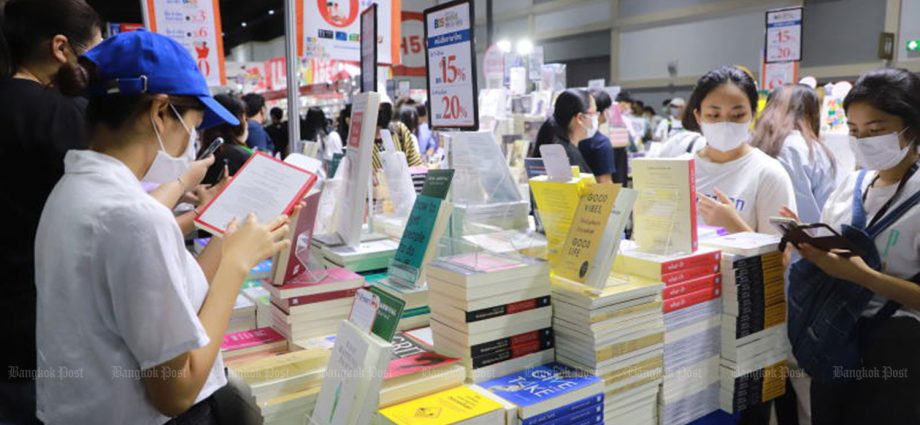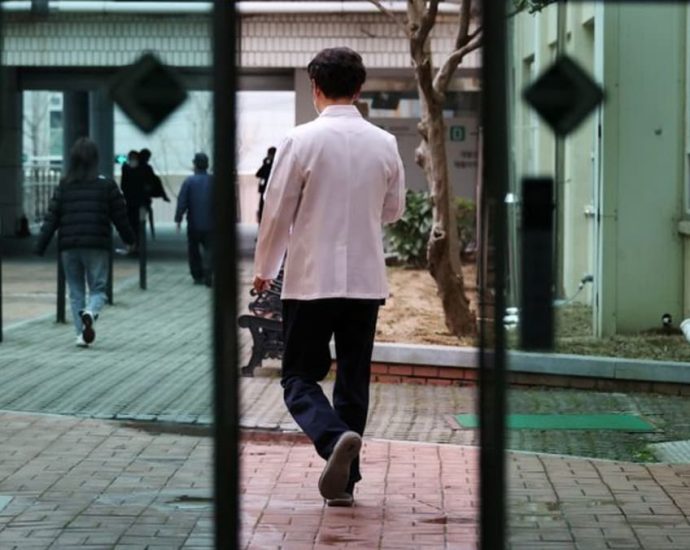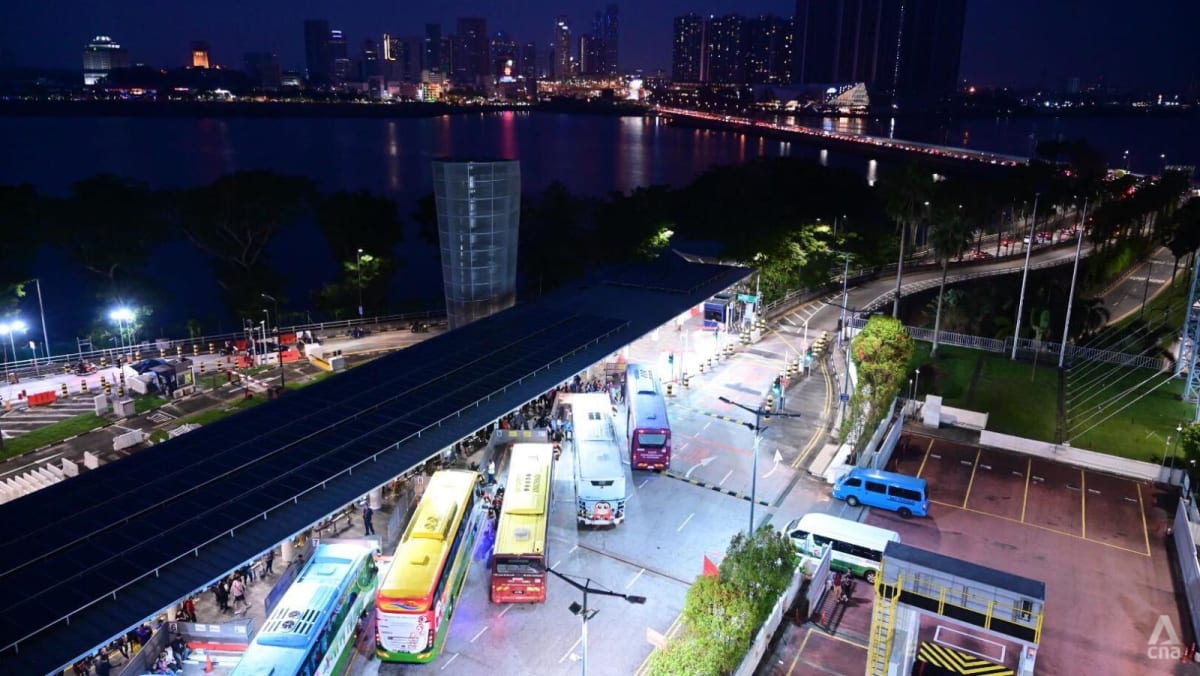Acute skills crisis âcosting 20% of GDPâ
Reading literacy, digital and socio-emotional skills below ‘threshold levels’ for many, says World Bank
PUBLISHED : 22 Feb 2024 at 20:24

Thailand is facing a crisis in which reading literacy, digital and socio-emotional skills of many young people and adults are below threshold levels, according to World Bank report.
A very large number of youths and adults in Thailand cannot perform basic reading and computing tasks, tend not to engage with others and are not open to exploring new ideas, said the report, “Fostering Foundational Skills in Thailand: From a Skills Crisis to a Learning Society”.
The analysis contained in the report released on Tuesday was based on the first large-scale assessment of its kind among youths and adults in the country.
The assessment measured the reading literacy, digital and socio-emotional skills of people aged 15 to 64, which were then presented in the form of foundational skills. It was developed in collaboration between the World Bank and the Equitable Education Fund (EEF), as well as their academic partner, Thammasat University.
According to the report, 64.7% of youths and adults in Thailand are below the threshold levels of foundational reading literacy; they can barely comprehend short texts when it comes to solving relatively simple problems such as following medical instructions.
In terms of foundational digital skills, 74.1% also underperform, meaning they have difficulty using a stylus and keyboard on a laptop. This means they are unable to perform simple tasks, such as finding the correct price of a product on an online shopping website.
As for foundational socio-emotional skills, 30.3% of youths and adults do not show tendencies to take initiative socially or to be enthusiastic, curious and imaginative.
The economic cost of below-threshold literacy and digital skills can be considerable, estimated at 3.3 trillion baht, or 20.1% of gross domestic product (GDP) in 2022, the report said.
The skills crisis is most acute among older adults (aged 40 and above), younger adults (those below 40) without higher-education degrees, and those living in rural areas and in the northern and southern regions of the country, the report said.
Despite the underperformance, the report said it was encouraging that the Thai government has shown a commitment to tackling the skills crisis. The government has prioritised foundational skills in its policy agenda and taken concrete actions such as setting standards and mobilising instruments to facilitate learning.
But the crisis of foundational skills prevails despite the strong policy intentions and several concrete actions taken by the government.
The report recommends ways to complement the efforts to narrow skills gaps, particularly for the most vulnerable groups.
The recommendations involve improving strategic guidance for educators to better understand and respond to the skills crisis; enhancing the efficiency and inclusiveness of decentralised learning delivery; deploying innovative instruments to help improve teaching and learning; strengthening quality assurance and using the power of information campaigns.
Prasarn Trairatvorakul, chairman of the EEF board, urged the government to quickly develop the foundational skills of people in the country by elevating education, launching labour development programmes and building a stronger learning culture, especially among vulnerable groups.
The joint EEF and World Bank research was aimed at helping Thailand move away from the middle-income trap. It became an upper-middle-income economy in 2011 but has not advanced further since then.























